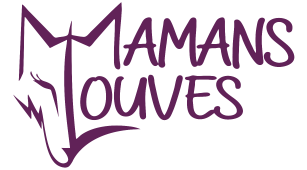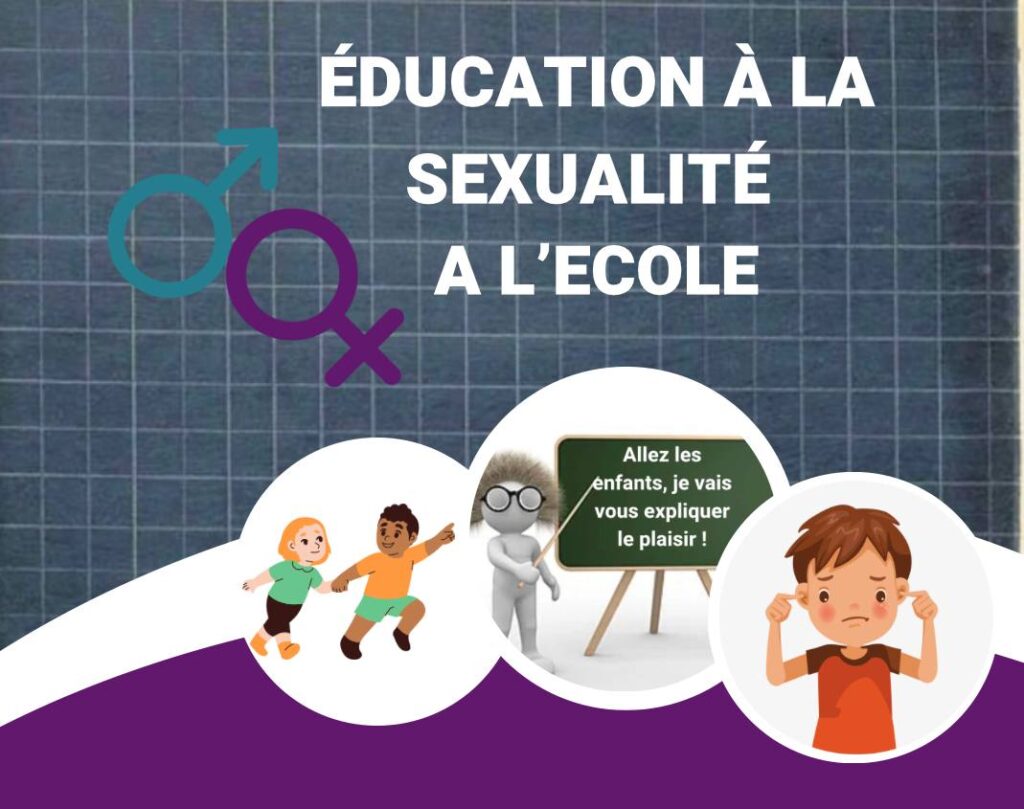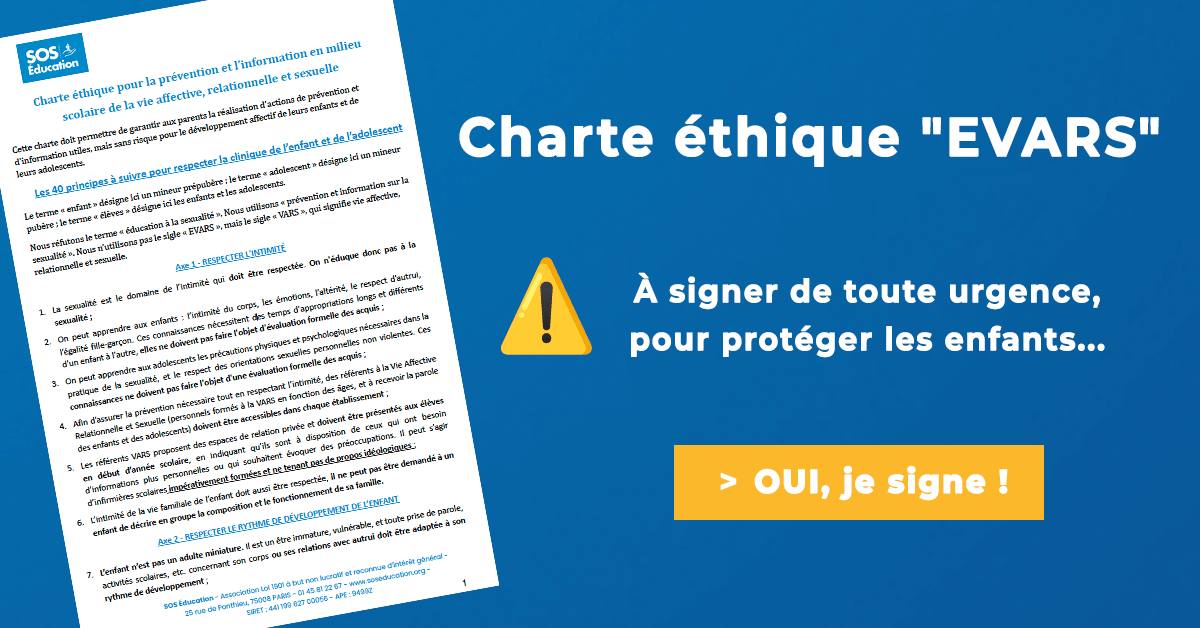Context
Sexuality education in schools is a legal obligation laid down by the law of July 4, 2001, and has been described as a priority by the Minister of National Education, Mr Pap Ndiaye.
While such education may be of interest to children in the context of preventing and combating sexual violence, as well as fighting discrimination, it also poses a significant risk to respect for their best interests.
We are receiving more and more testimonies from parents whose children have been traumatized by attending sexuality education courses in schools, and we would like to alert Parent Representatives to the need for parents to be extremely vigilant.
Opinions of childcare professionals
Childhood and/or psychotrauma professionals, child psychiatrists, psychiatrists, psychologists, doctors, pediatricians, child psychoanalysts, psychotherapists, educators, social workers, nurses, teachers have been denouncing the dangerousness of this sexuality education since 2017, explaining that children’s early encounter with adult or adult-conceived sexuality can be highly traumatic and runs counter to respect for their emotional and cognitive rhythms, psychic growth and maturation.
The notion of legal sexual minority before the age of 15 is a recognition of this danger.
We have extracted some of their explanations and invite you to discover the petition they have published here :
http://petitionpublique.fr/PeticaoVer.aspx?pi=P2017N49527
And read more about their alerts here :
https://proscontreeducsex.wordpress.com
To build and organize themselves psychologically, children need the difference between generations to be clearly defined through prohibitions. But when an adult, even one in a position of authority, talks to a child about sexuality without any request on the child’s part, the intrusion into the child’s psychic life has an incestuous tone: the adult mixes the child up with his or her own thoughts about sex, and is thus in the register of seduction rather than information.
Our society has a duty to curb children’s sexual and aggressive impulses through education, not to allow and stimulate them through any form of education. Is the role of the state to promote excitement, to provide each individual with ever more claims to unlimited “enjoyment”?
And is it the role of the State to interfere in the intimate sphere of families, children and adults, by dealing with matters of a private nature, since it’s hard to deny that questions of sexuality are a private matter, not only for adults but also for children?
Finally, the role of the State is not to hinder the construction of family identities, which children must be able to build on, while respecting the process of filiation and intergenerational transmission. Fighting male-female inequalities and the discrimination a person may suffer because of their sexual choices has nothing to do with gender theory, which asserts that our sexual identity is a social construct that needs to be deconstructed. We emphasize the deliberate confusion between (legal) equality and identicality.
How is sexuality education organized?
In 2003, the circular n° 2003-027 from the French Ministry of Education, stipulated that “the implementation of sexuality education within the framework of teaching must be carried out with the necessary tact (…)”.
circular no. 2018-111 of 2018 (known as the “Blanquer circular”) cancels and replaces the 2003 circular and specifies that “(…)l’éducation nationale and all its staff act, in this matter, with the greatest respect for consciences and show great vigilance to ensure that teaching is fully adapted to children’s ages. This education aims to develop knowledge and respect for oneself, one’s body and others, without a sexual dimension stricto sensu in elementary school. In adolescence, it is complemented by an understanding of sexuality and sexual behavior that respects others and their bodies. Childhood and intimacy are fully respected.
While these circulars appear to provide a framework for the principles of school-based interventions, we have observed their limitations, and have identified a number of problems that give rise to abuses.
Indeed, the 2018 circular, although it establishes “rules” as cited above, does not propose an explicit program; “supports” are proposed to educational teams, but nothing guarantees the adaptation of interventions with children, according to their age and sensitivity. In addition, we’re wondering whether this content should be evaluated by child psychology professionals before being used in schools.
As the Ministry itself admits, since educational staff lack training, we feel it’s vital to ensure that those involved are qualified to deal with such a delicate education, and to avoid certain adults bluntly broaching sexual notions that are both traumatic and inappropriate in the strict sense of the term.
Lastly, the 2018 circular states that parents should be informed and/or involved in the implementation of these courses from the start of the school year, and that they should be exercised in a respectful manner without pre-empting the children’s questioning; yet parents are rarely given advance notice of when these interventions will take place.
It is therefore our duty as parents to remind establishments of this necessity and to ensure that our children are fully protected.
1 – Print your flyers here
Objective of action: Raise awareness and inform parents
2 – Send the letter to raise awareness of abuses and remind people of the circulars to :
Plant managers :
Parent representatives :
Sources
- Circulars :
L’éducation à la sexualité | Ministère de l’Education Nationale et de la Jeunesse
- European standards :
- Professional websites:
Pros against sex education on Strikingly (mystrikingly.com)
- Books:
Dangers of sex education for children and teenagers: https: //amzn.eu/d/6MVZrGs
Preserving children’s innocence: https: //amzn.eu/d/ibTk2Ml[/su_spoiler]


